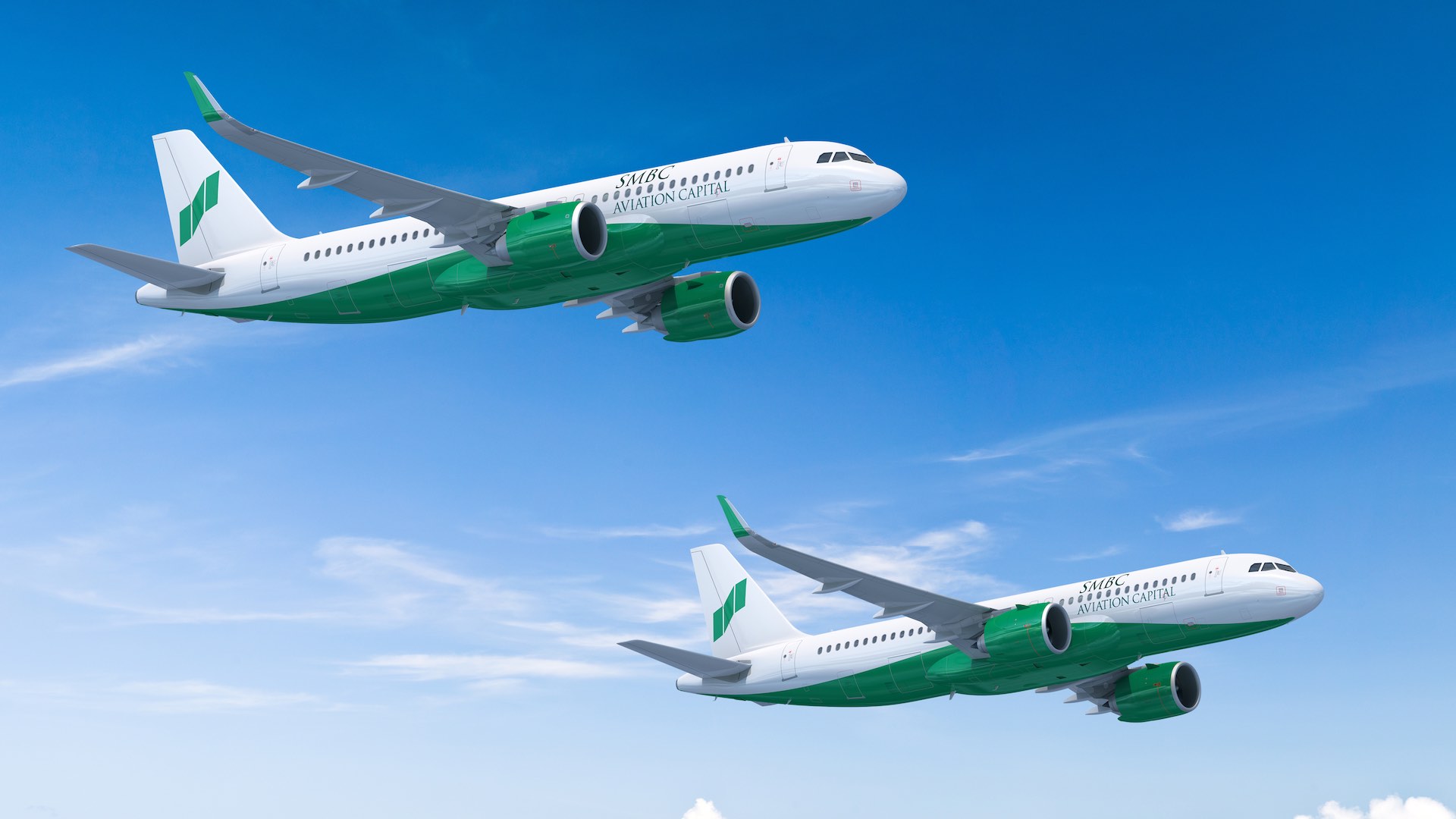In a strategic move signaling confidence in the global aviation sector’s post-pandemic recovery, Japan’s SMBC Aviation Capital has announced a substantial $3.4 billion acquisition of 60 Airbus A320neo aircraft. This investment reflects the company’s optimistic forecast for the air travel industry and its commitment to enhancing its fleet with more environmentally friendly and efficient models.

SMBC Aviation Capital, a key player in the aircraft leasing market and a subsidiary of the Sumitomo Mitsui Financial Group, has solidified its position as the world’s second-largest aircraft leasing company with this deal. The company’s impressive financial performance, contributing nearly 20 billion yen to its parent group’s profits in the first half of this fiscal year, underscores the lucrative nature of the aircraft leasing industry.
The A320neo, known for its superior fuel efficiency, represents a significant advancement over previous models. This purchase, valued at over 500 billion yen based on market prices, will be financed through a combination of bank loans and bond issuances. The transaction highlights the shift in airline industry preferences towards leasing rather than owning aircraft, with leasing companies now owning nearly half of the world’s passenger jets.
Despite rising interest rates, which could potentially increase financing costs, SMBC Aviation Capital’s phased payment plan for the order minimizes financial strain. Additionally, the large volume of the order positions the company favorably in price negotiations. Single-aisle, narrow-body jets like the A320neo, which dominate around 70% of the global passenger jet market, are particularly popular for domestic routes. The robust demand for these aircraft types makes them highly liquid assets, with market lease rates for SMBC Aviation Capital’s A320neos estimated between $280,000 and $380,000 monthly.
This latest purchase is a strategic expansion for SMBC Aviation Capital, which also ordered 25 medium-haul Boeing jets in September, adding to its already diverse fleet. By 2031, the company’s total fleet size is expected to reach approximately 1,000 aircraft, marking a significant milestone in its growth trajectory since the pandemic.
The International Air Transport Association projects that global passenger demand will surpass pre-pandemic levels by 3% in 2024, with the Japan Aircraft Development Corporation forecasting a more than twofold increase by 2042. These predictions, coupled with current supply challenges faced by aircraft manufacturers, suggest a continuing trend of high demand outpacing supply in the aviation market. SMBC Aviation Capital anticipates an increase in aircraft prices and lease fees over the medium to long term.
In contrast, Japan’s Orix Aviation has taken a more conservative approach, reducing its fleet from 100 aircraft in March 2019 to 58 as of March 2023. This strategy, as explained by Orix Aviation’s Deputy Head of Global Transportation Services Kei Kitagawa, involves a careful balance of asset rotation to maintain a manageable balance sheet. The aircraft leasing market, while poised for growth, remains susceptible to global events, as evidenced by the challenges faced during the COVID-19 pandemic and the Russia-Ukraine conflict. These events have highlighted the need for agility and adaptability in the face of unexpected market disruptions.
